Kashmiri Hareesa — slowcooked for generations
RAWALPINDI: Kashmiri cuisine is the go-to food for most residents of the twin cities with the advent of winter. The flavours of the valley are rich, as is the food, which is designed to keep people warm in the most subzero of temperatures.
So it is no surprise that the popularity of hareesa, a specialty winter dish, shoots up as the mercury plummets. While this broth-like dish may look like haleem, the two could not be more different.
Made from a cornucopia of ingredients including pulses such as moong, maash, channa as well as wheat grains and meat, the dish is usually made from lamb meat, but chicken and mutton are also popular.
The ingredients are slow cooked for hours and stirred with a wooden spoon, until the consistency resembles a thick gravy. Then, meat balls or kebabs are added to the hareesa, which gives it a unique taste and texture. Traditionally low on spice, the dish is flavoured with black pepper.
However, red and green chillies are also added to suit the local palate.
Although the recipe followed in Pakistan is the Kashmiri one, its origins can be traced back to the Middle East.
“Hareesa came to South Asia from the Middle East through the Muslim settlers and gained popularity in many parts, specifically Jammu and Kashmir. However, Kashmiris adapted the dish to suit locally available ingredients,” said Malik Aslam, who owns a hareesa shop in the garrison city.
This Kashmiri dish is a perennial favourite in the winter months
“I have had something like this in Iran, but that had rice and spinach in it. Hareesa was definitely brought to the Indian subcontinent by Muslims coming from Iran and Central Asia because traditionally, meat is not widely used in the food of the subcontinent,” said Waqar Shah, a hareesa enthusiast.
While there are many establishments in Rawalpindi that serve the Kashmiri treat, Dilbar Hotel – located in the narrow alleyways of Raja Bazaar – stands out for its unique taste.
Over the last few years, several restaurants advertising hareesa as their specialty have opened on Saidpur Road, College Road and in Saddar. These newcomers add rice to the hareesa, turning it into something reminiscent of the Afghan sticky rice dish, Shola Goshti.
“Traditionally, hareesa is served with boiled fenugreek, or methi, leaves. It is different from haleem because it is spiced with black pepper alone,” Malik Aslam, the owner of Dilbar Hotel, told Dawn.
He said that his father, who came from Srinagar, brought the traditional recipes of Kashmiri cuisine to Rawalpindi before partition.
“We have been serving hareesa here for the last 69 years and our recipe has not changed. We did not add rice here, which is the Amritsari style. Instead, we put mini-kebabs or meatballs in the hareesa,” he said.
Rustam Hussain, a customer at Dilbar Hotel, said that a single serving of hareesa was a fulfilling meal.
“The small tasty kebabs offer a good juxtaposition to the creamy, rich texture of the hareesa.”
Others, like Mohammad Anwar, prefer a plate of hareesa for breakfast.
“I’m used to having hareesa for breakfast on weekends in winter. It’s not too oily or spicy and mutton is always better than chicken. And if the hareesa is followed by a cup of salty Kashmiri tea, it makes my day.”


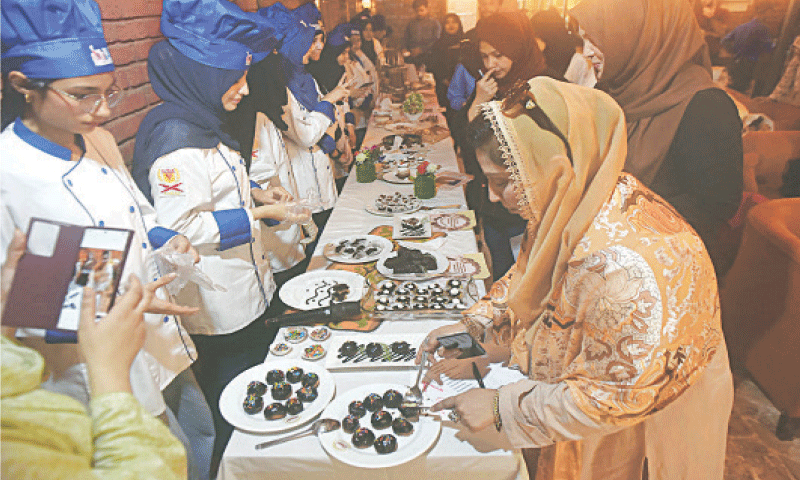
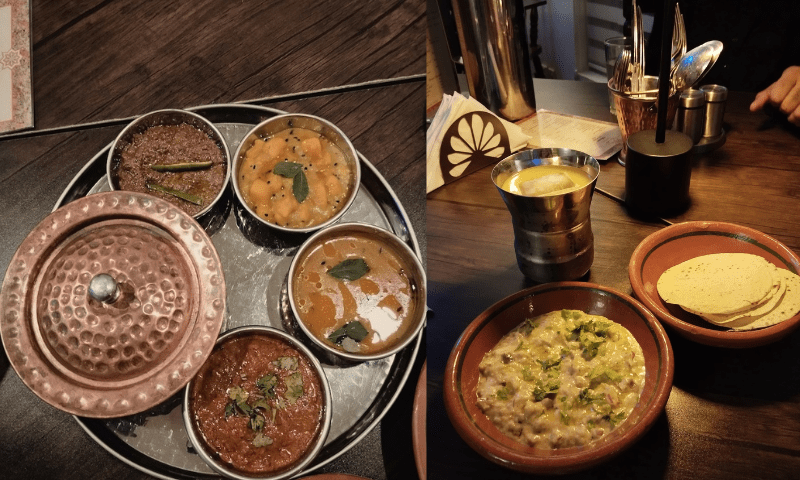
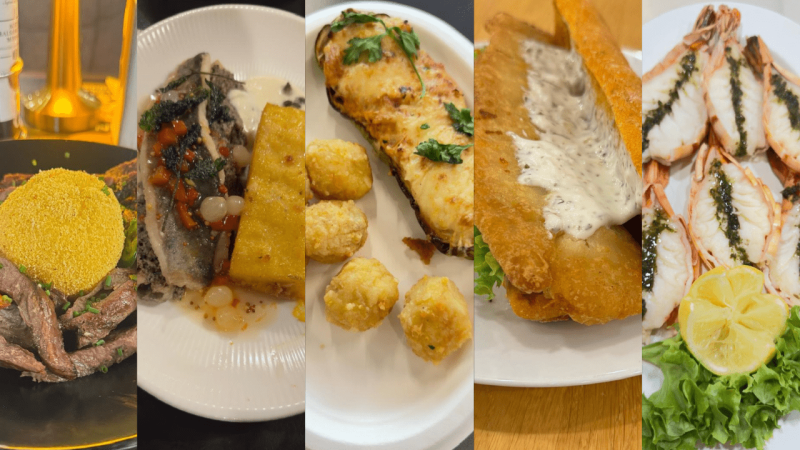




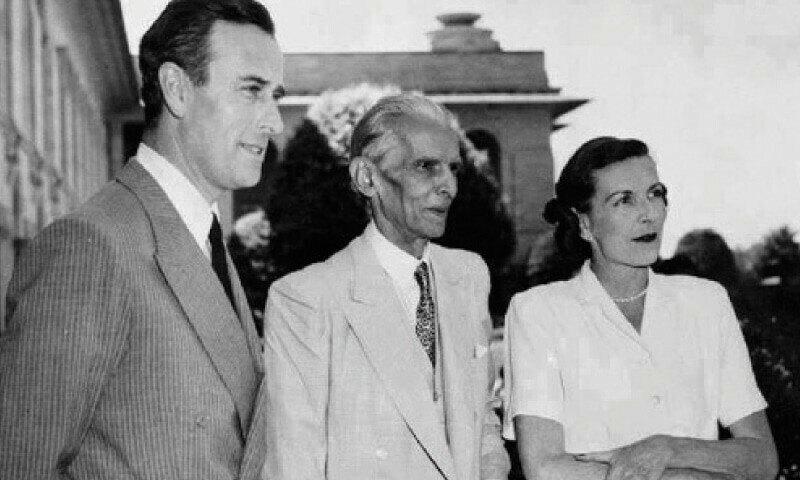

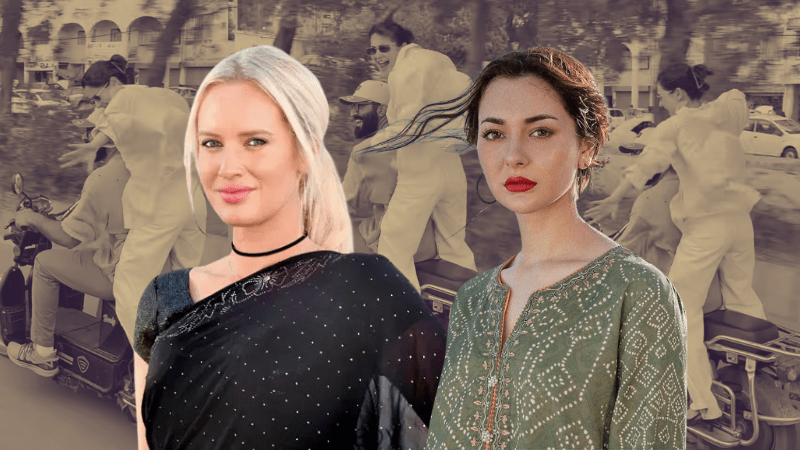


Comments